
AQ Podcast: Argentina’s Fight Over Closed Schools
A top economist on the high-stakes debate over in-person classes, plus an update on Argentina’s economy.
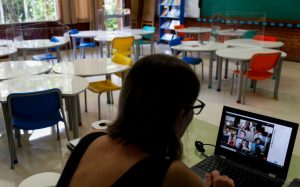
Latin America’s True Disaster May Be 2021
As new research shows huge setbacks to education and inequality, the region’s leaders seem to be “sleepwalking,” writes AQ’s editor-in-chief.
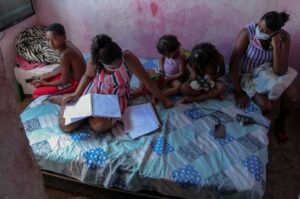
Back to the 1960s? Education May Be Latin America’s Most Lasting Scar from COVID-19
The growing educational gap will cause devastating damage to inequality – and economic growth – for years to come unless we take the warning signs seriously.

What Has Changed for Latin American Women in STEM?
Despite some progress, the picture remains mixed, a longtime observer says.

The “Laboratory” Closing Latin America’s Tech Gender Divide
Organizations like Laboratoria are helping working-class women join the insular world of computer programming.

El “laboratorio” cerrando la brecha de género en el ámbito tech de América Latina
Organizaciones como Laboratoria están ayudando a que mujeres de clase trabajadora puedan integrarse al mundo insular de la programación.
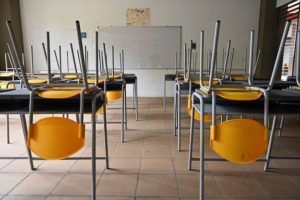
How to Stop COVID-19 From Destroying Latin America’s University Dreams
Investing in the most vulnerable students now can ensure their ability to rebuild the region’s economies after the pandemic.
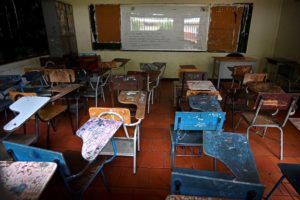
Log On, or Drop Out: How COVID-19 Is Pushing Students Further Apart
The pandemic may encourage Latin America to modernize its education systems. But reliance on technology could backfire in the short term.
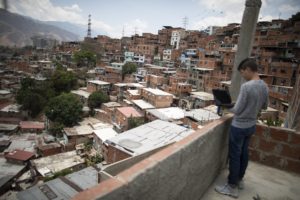
A Pivotal Moment for Education in Latin America
Losing the school year would exacerbate inequality. We must turn this into an opportunity to implement new ideas.

Brazil’s AOC: Tabata Amaral Has Brasília Out of Its Comfort Zone
A young leader making waves in Brazil’s Congress – rattling the right and the left.

Invasive New U.S. Visa Rules Hurt Americans Too
When the Zika virus arrived in Florida in 2016 after wreaking havoc in Latin America, Governor Rick Scott gave state universities $25 million to research how to combat the virus’ transmission, how to develop a potential vaccine, and how to treat those infected. Teams of scientists – Americans, Brazilians, Venezuelans, Colombians and Haitians – worked … Read more
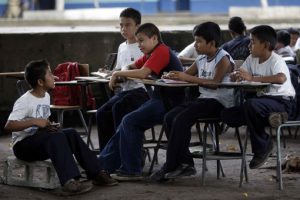
How Guatemala Is Tackling Its Social Issues
One year ago, Americas Quarterly’s 2013 Social Inclusion Index gave Guatemala the lowest total score of all countries evaluated, with a total of 14.8 points out of a possible 100. The index ranked 16 countries, including the United States and 15 countries from Latin America. The comments in the evaluation for Guatemala indicated that “Poverty … Read more

The Protests in Venezuela Should Not be Overlooked
Over the last week, Brazil’s protests have captured headlines worldwide. But Brazil is not the only South American country engulfed in protests. Since early June, Venezuela has been witnessing a series of protests involving the university sector. As with the public demonstrations in Brazil, the protests in Venezuela are a sign of deep political problems. … Read more
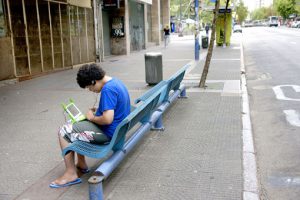
The Digital Divide and Social Inclusion
In a world where technology has delivered changes unimaginable even 10 years ago, as well as created sharp divides, it’s only logical that many would see computer proficiency as a fundamental learning skill. Today, quality education requires broad access to information and content, a medium for communication, and tools for analyzing data—all things that computers … Read more
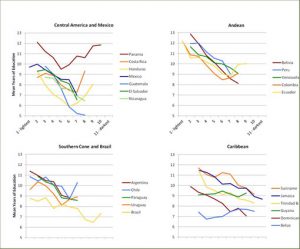
The Effects of Skin Color in the Americas
Throughout Latin America, countries have long sought to claim immunity from the racial and ethnic divisions that plague the rest of the world. But that is changing as several countries—including Bolivia, Colombia, Mexico, Paraguay, and Peru—have begun to recognize the diverse nature of their societies and constitutionally declare themselves as multicultural. Most national censuses in … Read more


